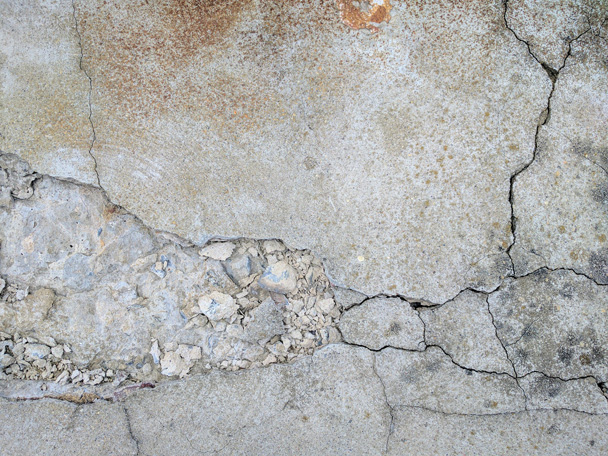GPR Concrete Inspection
Structural Concrete Scanning Winnipeg, Manitoba, Saskatchewan, Western Ontario, Nunavut

The strength and stability of a building are determined by its foundation, and most foundations are poured in concrete. Characteristically, concrete is durable under a wide range of exposures. Reinforcing steel rods, bars, mesh along with proper mixture proportions and curing make it suitable to withstand most conditions. Extreme temperature cycles from freezing to thawing, corrosion, chemical breakdown can all contribute to eventual concrete deterioration.
Concrete deficiencies can happen at the time of design, if the plan doesn’t allow for anticipated load requirements or potential natural factors such as the effects of extreme weather or earthquakes. In addition, problems can arise at the time of construction due to inappropriate materials and production.
Inspecting structures in the area planned for development lays the framework for design. Followed by an inspection of the concrete by validating the quality of workmanship confirms the likelihood of safe, stable construction. From here, it becomes a matter of ongoing scheduled inspections monitoring the integrity of the concrete for supporting structures used on roadways, bridges and buildings.
Plan. Scan. Save.
Ground Penetrating Radar (GPR) is an effective, non-invasive way to determine the components of concrete structures and concrete deterioration at any point in the building process. Pre, During and Post Construction reports help to ensure the integrity of the structure, as well as the integrity of the people responsible for the safety and use of the structure.
A comprehensive GPR report prior to construction provides necessary data to confirm the viability of the intended project. The knowledge of subsurface conditions, used in conjunction with existing site information, an engineer can “sign-off”, and proceed with confidence.
It’s important to choose a qualified GPR technician to collect the data is that the information is interpretive. Site conditions and access influence the results. The quality of the equipment, the experience and skill level of the analyst influence the quality of the report.
It’s important to choose a qualified GPR technician to collect the data is that the information is interpretive. Site conditions and access influence the results. The quality of the equipment, the experience and skill level of the analyst influence the quality of the report.
